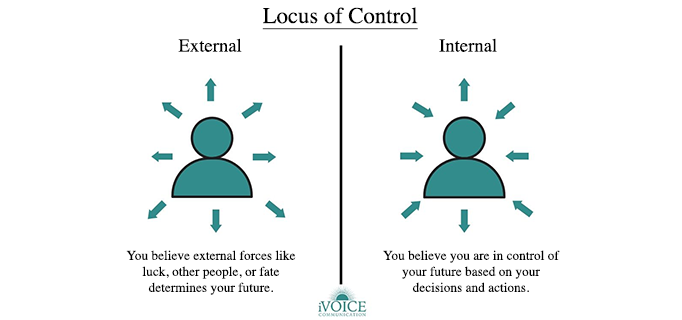Today’s blog by Bill Hennigan, Transformational Coach and Workforce Development
Worry is a common human experience that affects all of us. It can sometimes be helpful, but when it becomes too frequent or intense, it can negatively impact our mental health. Recognizing and regulating worry is crucial for maintaining good mental health and emotional well-being. As a certified transformational coach let’s explore excessive worry which can increase our stress and zap our energy. It can also get in the way of the ability to think clearly and rationally.
Various factors can influence our thoughts, including past experiences, relationships, the environment, and our current state of mind. By understanding these factors, we may identify causes of our worry and develop practical strategies for management.
Two ways to manage worry include philosophical thinking and logical thinking.
- Philosophical thinking helps us recognizethe nature of worry and its role,
- Logical thinking helps us to develop practical strategies to regulate
While recognizing nature and why we may worry excessively can help us determine the origins of worry, an important, logical question to ask is, “of all the things you worry about, what do you have control over”?
You may want to examine the concept of locus of control to manage worry. Locus of control refers to an individual’s belief in whether they have control over the events that affect their lives or if they are controlled by external factors.
- Developing an internal locus of control can lead to taking responsibility for one’s actions and making decisions that can lead to a more fulfilling life, to feel in control of your destiny,
- Conversely, a person who has an external locus of control may feel helpless and frustrated, leading to negativity to blame external factors for failures. They may miss opportunities to take control and improve their situations.
- Positive internal locus of control leads to more positive self-talk, which can improve mental health, self-esteem, and overall wellbeing. Seeking guidance from a coach or therapist can help individuals feel more empowered and in control of their lives by creating steps to achieve their fullest potential.
In this NEW and very different transforming world of 2023, to keep up, success comes from focusing on what you can control. Then, creating an action plan which may include strategies to improve physical health, enhance mental and emotional well-being, foster spiritual growth, develop digital and financial literacy and acumen plus develop strategic plans to reach business goals.
Recognizing that people are multi-dimensional beings, meant to be curious, and continually challenge themselves, it’s clear that success comes from embracing challenges, sharing our strengths and experiences, and following a path to express our true selves. Taking time to understand ourselves is an act of kindness that shows compassion for ourselves, which is a prerequisite for cultivating compassion and connection with others. Understanding our needs and preferences is essential to achieving our purpose and recognizing that everyone has a unique journey to take.
In today’s transforming world having access to the right tools and people, including a coach, is a powerful approach to personal and professional development. During this month of mental health awareness, and every month, we realize that we can all use a helping hand from time to time to improve our perception and reduce our worries. When we do, our clarity increases, and we actually begin to enjoy ourselves while becoming much more in control of business and life.
Learn more about coaching with Bill Hennigan who is part of the iVoice Communication team HERE.







